Speaking at the European Day of Remembrance for the Victims of Totalitarian Regimes, at the Memento 1945–56 memorial in Students’ Park, Bence Retvari - the interior ministry's parliamentary state secretary - emphasized that what all totalitarian dictatorships have in common is that they deny the sovereignty of nations, the importance of families, and human dignity, and oppose Christianity.
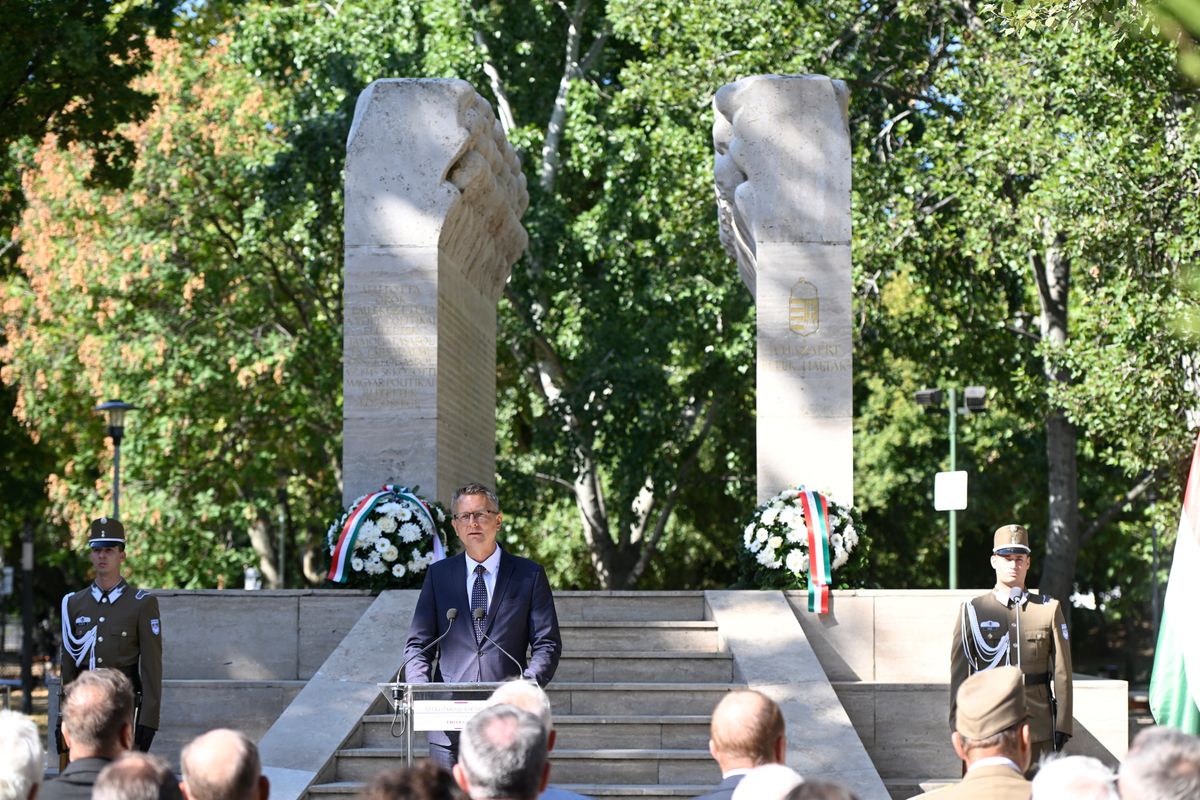
The state secretary stressed that when someone denies the importance of the family, promotes internationalism instead of national self-determination, and seeks to replace Christianity — central to European identity — with a newly constructed ideology, this must be seen as a danger. Protecting sovereignty, the family, and Christianity is vital. Both of the twentieth century’s authoritarian regimes were built on hatred — whether racial or class-based, he added.
The Day of Remembrance May Reduce Europe’s Double Standards
Mr. Retvari reminded the audience that the European Union adopted in 2011 — during Hungary’s first EU presidency — the resolution declaring August 23 as the Day of Remembrance for Victims of Totalitarian Regimes. It was on this day in 1939 that the Molotov–Ribbentrop Pact was signed. In other words, it was not until 2011 that there was an EU-level day of remembrance for the millions who were murdered, imprisoned, or deprived of their future under communist ideology. He recalled that Stalin’s Soviet Union and Hitler’s Nazi Germany were allies at the start of the war, dismantling the independence of sovereign states together, and that after the pact was signed, the two dictators were ideologically aligned.
The commemoration is especially important for those living in Central and Eastern Europe because it may help reduce double standards within Europe.
In other words: it is important that not only Hungarians, Poles, and Lithuanians remember the era of communism, but that it become part of all of Europe’s history.
– “Yet we continue to feel that we must know the tragedies of Western Europe, while Western Europe does not appear to feel obligated to learn about the tragedies of Eastern Europe and to share in paying tribute to its victims. The day of remembrance therefore also serves to remind Western European countries to take into account the historical experiences, needs, and expectations of Eastern European countries,” he said.
“Never again should murderous ideologies be allowed to take control in Europe, disregarding human dignity and the sovereignty of nations. We believe in a Europe where no one attacks the concept of family or the nation, and where no one seeks to diminish their value,
– Mr. Retvari emphasized.

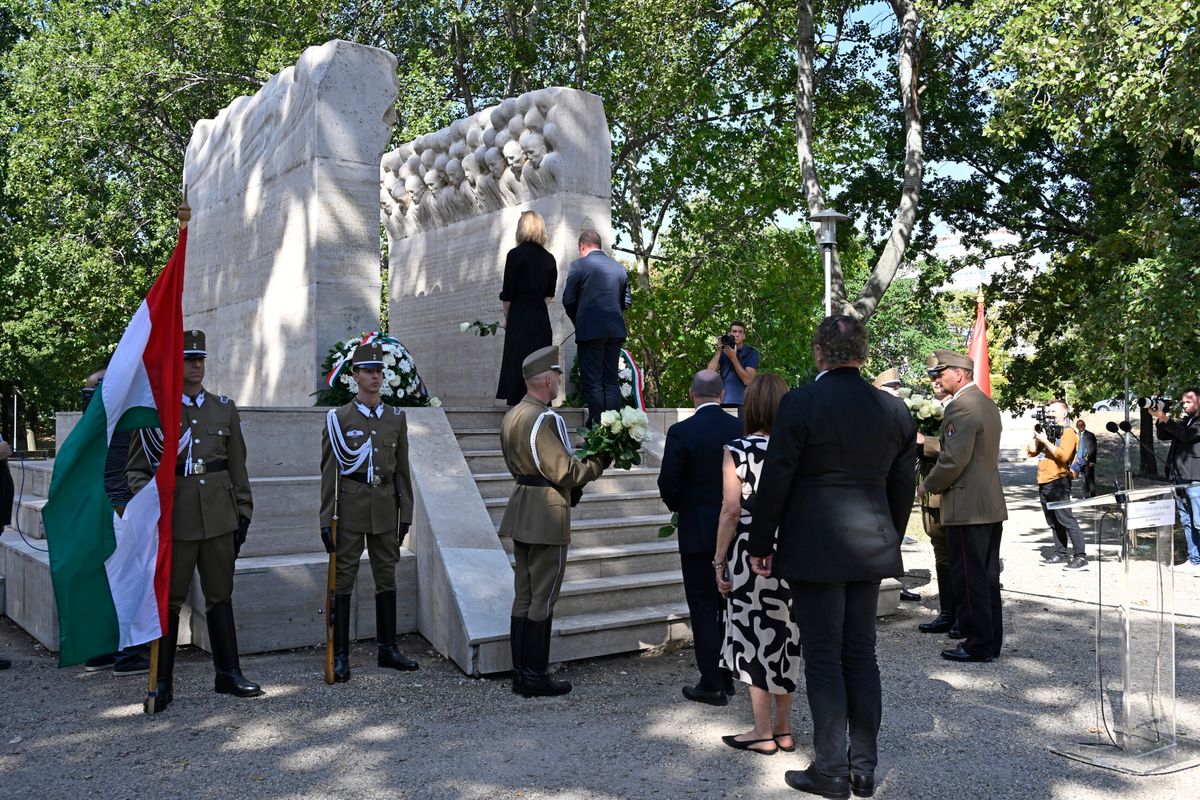
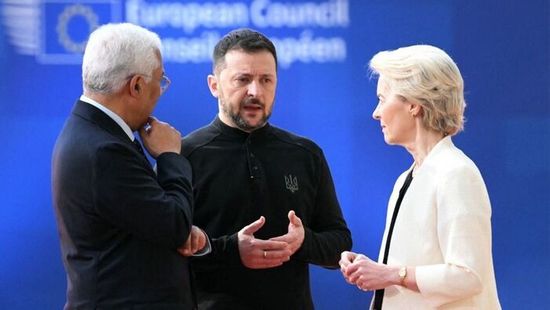
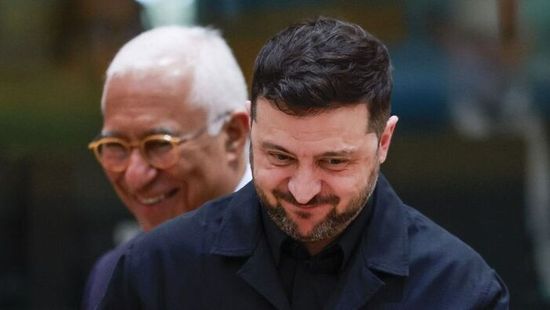
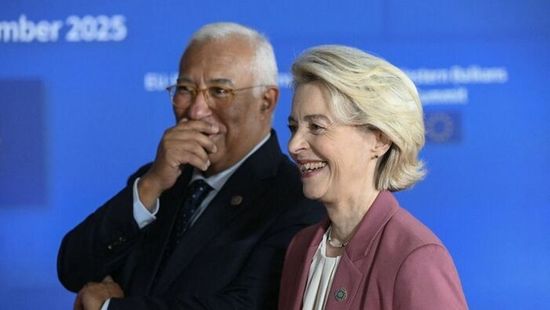
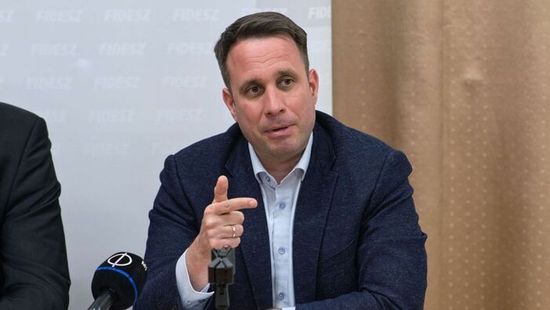




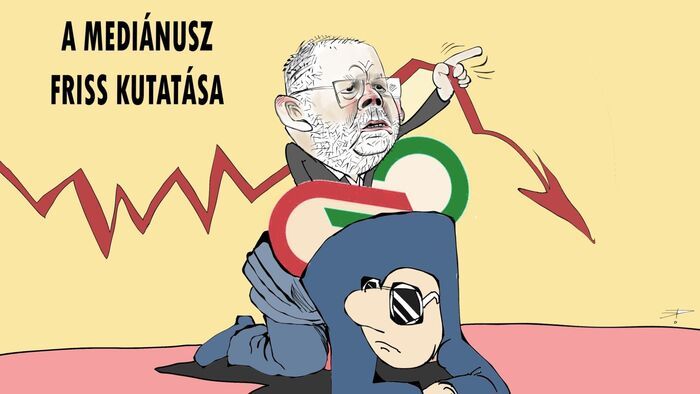

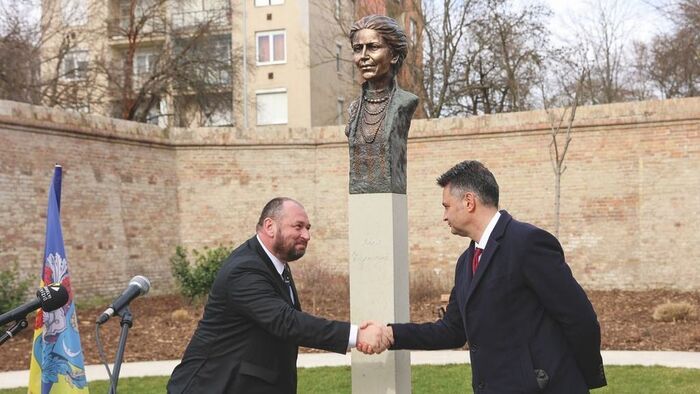

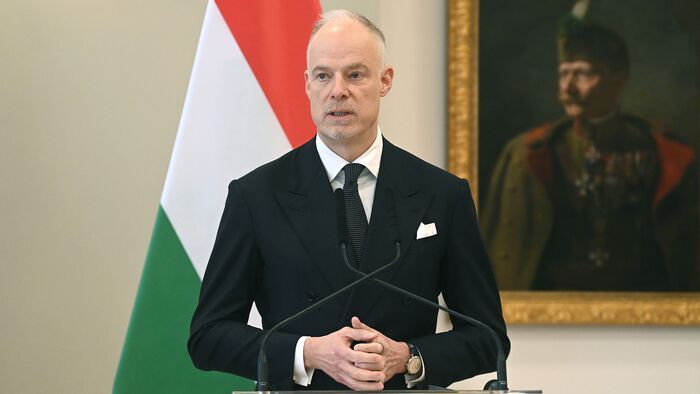
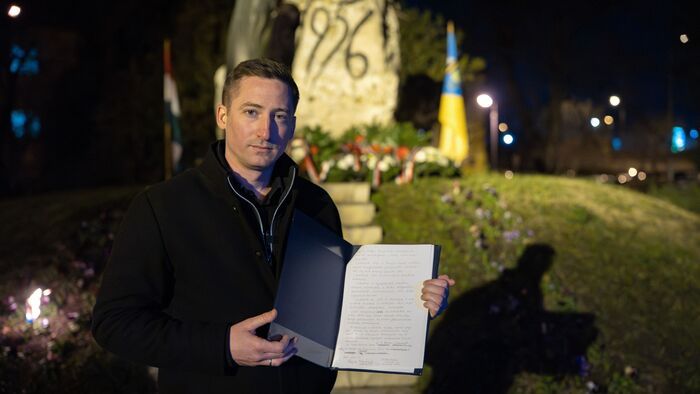
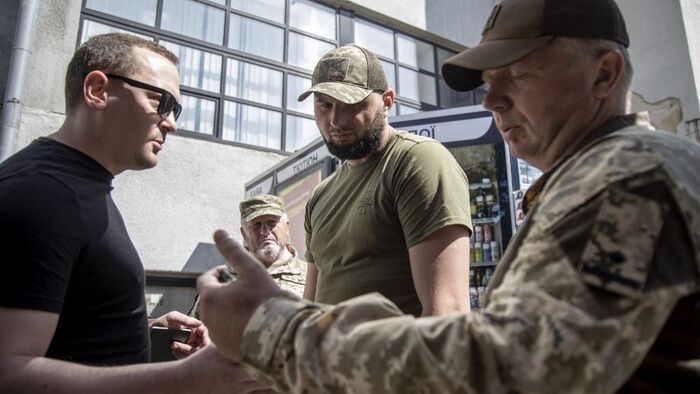
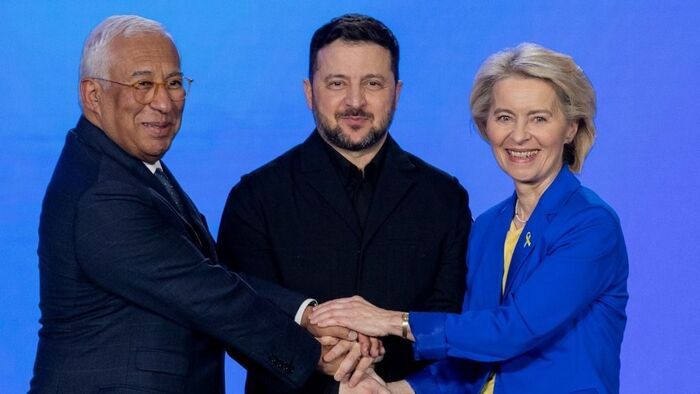
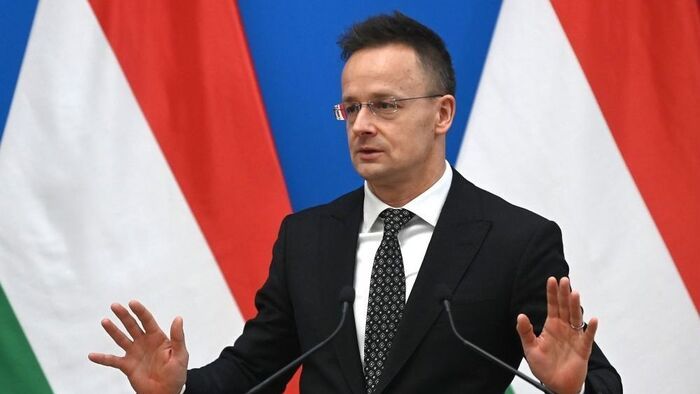


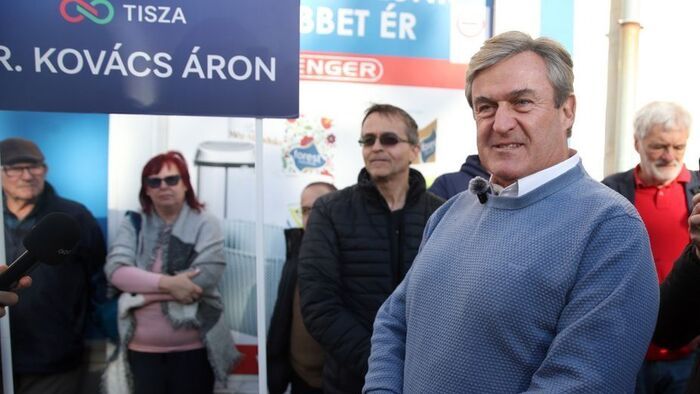


Szóljon hozzá!
Jelenleg csak a hozzászólások egy kis részét látja. Hozzászóláshoz és a további kommentek megtekintéséhez lépjen be, vagy regisztráljon!